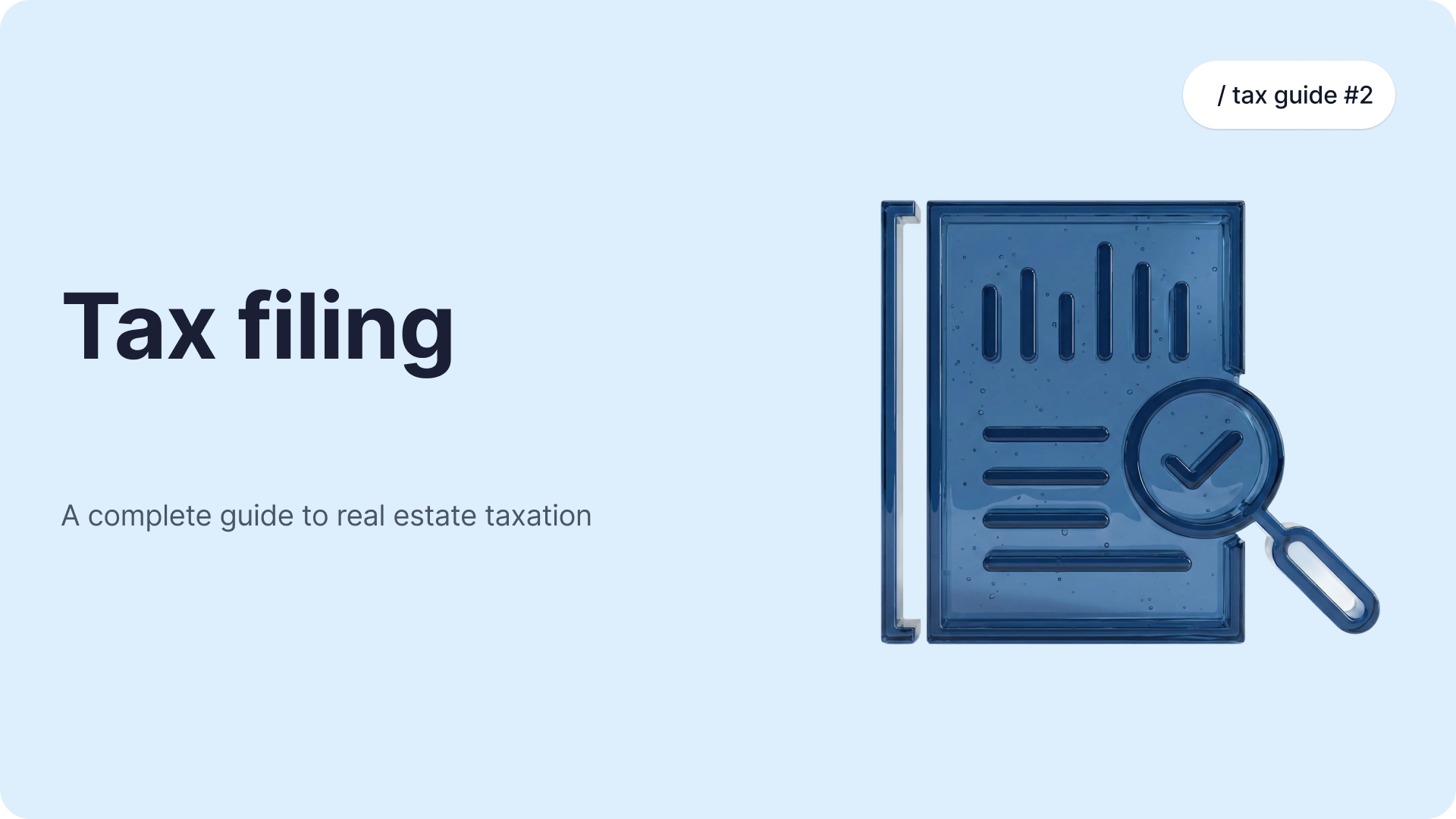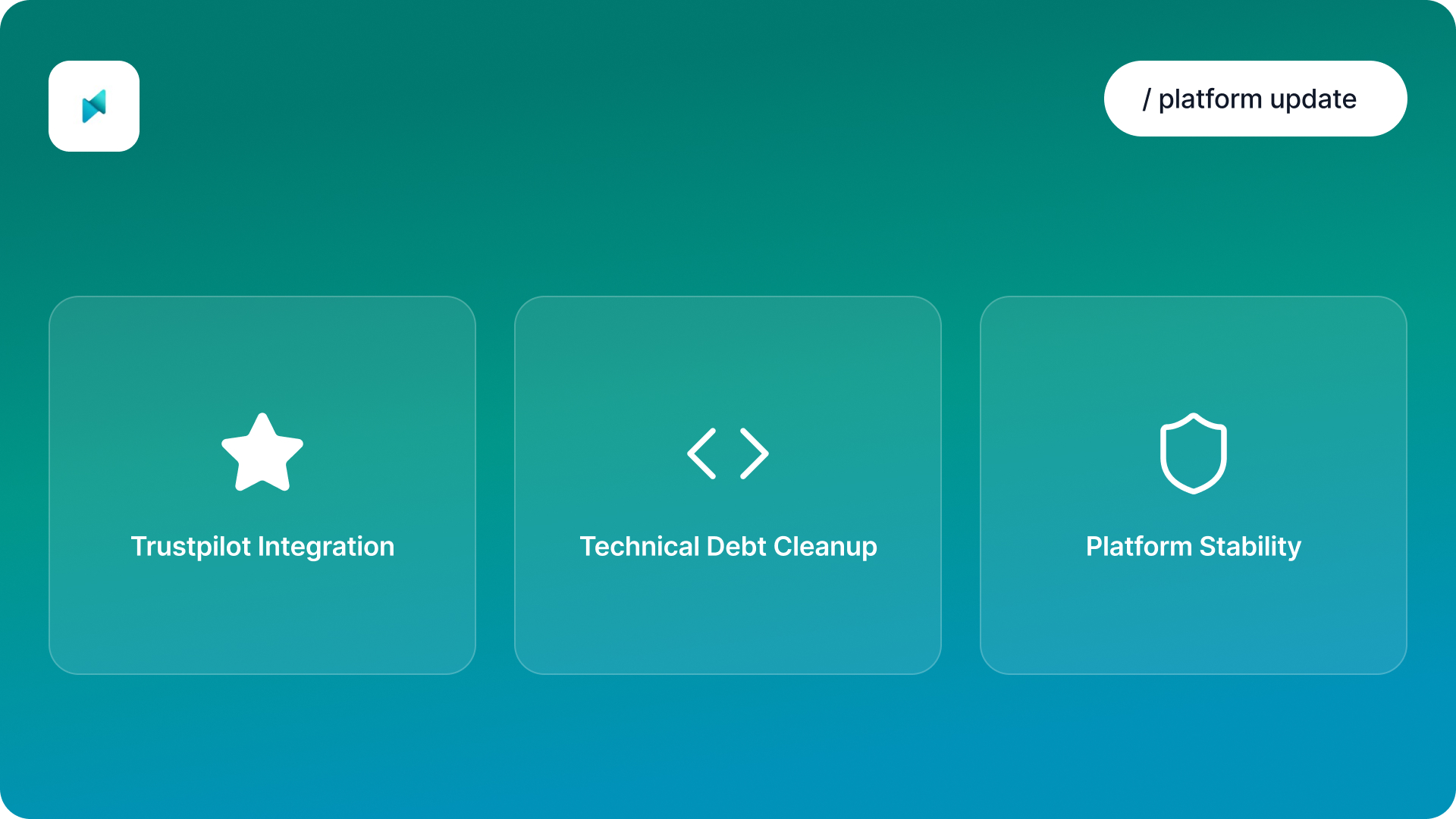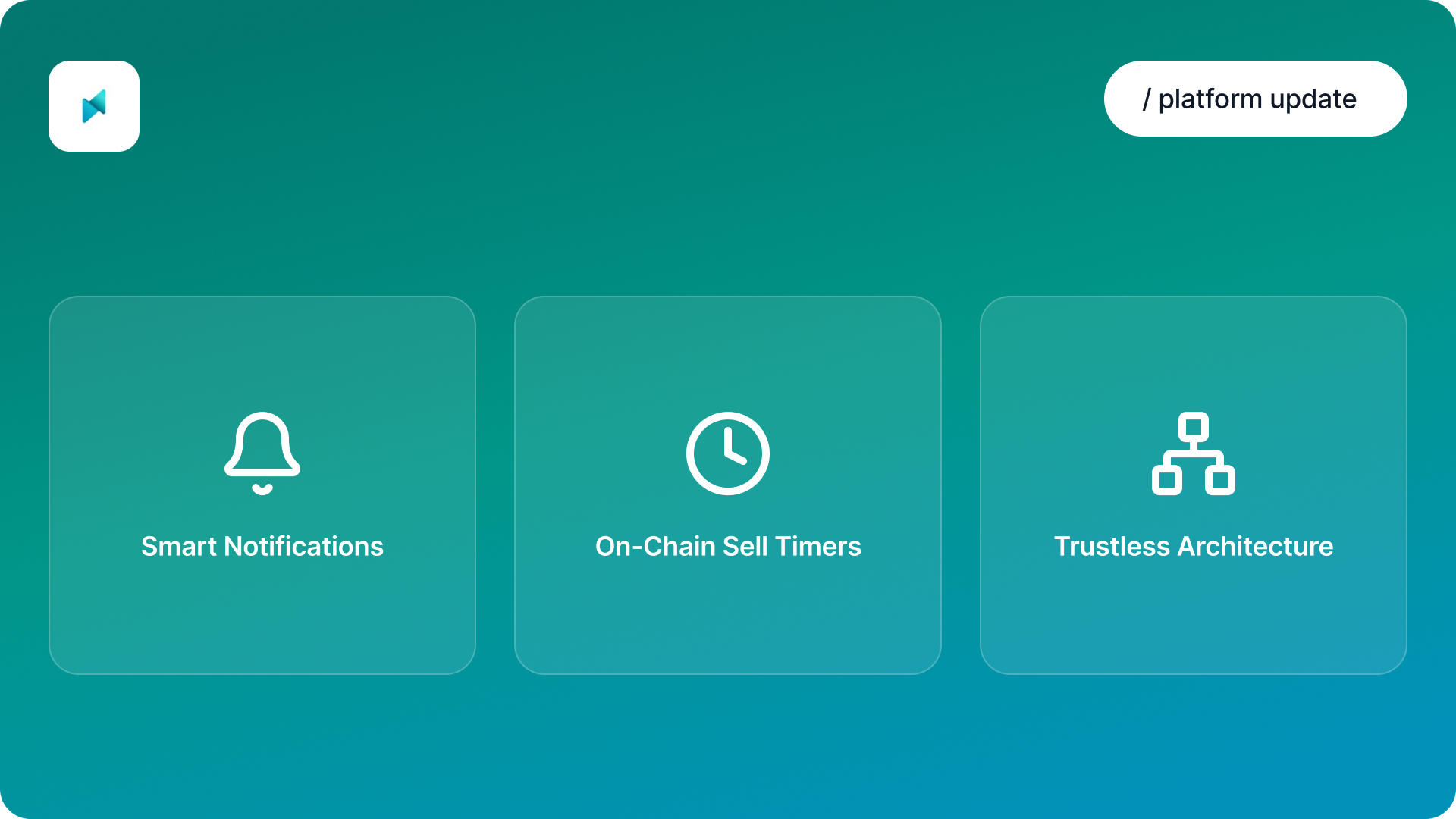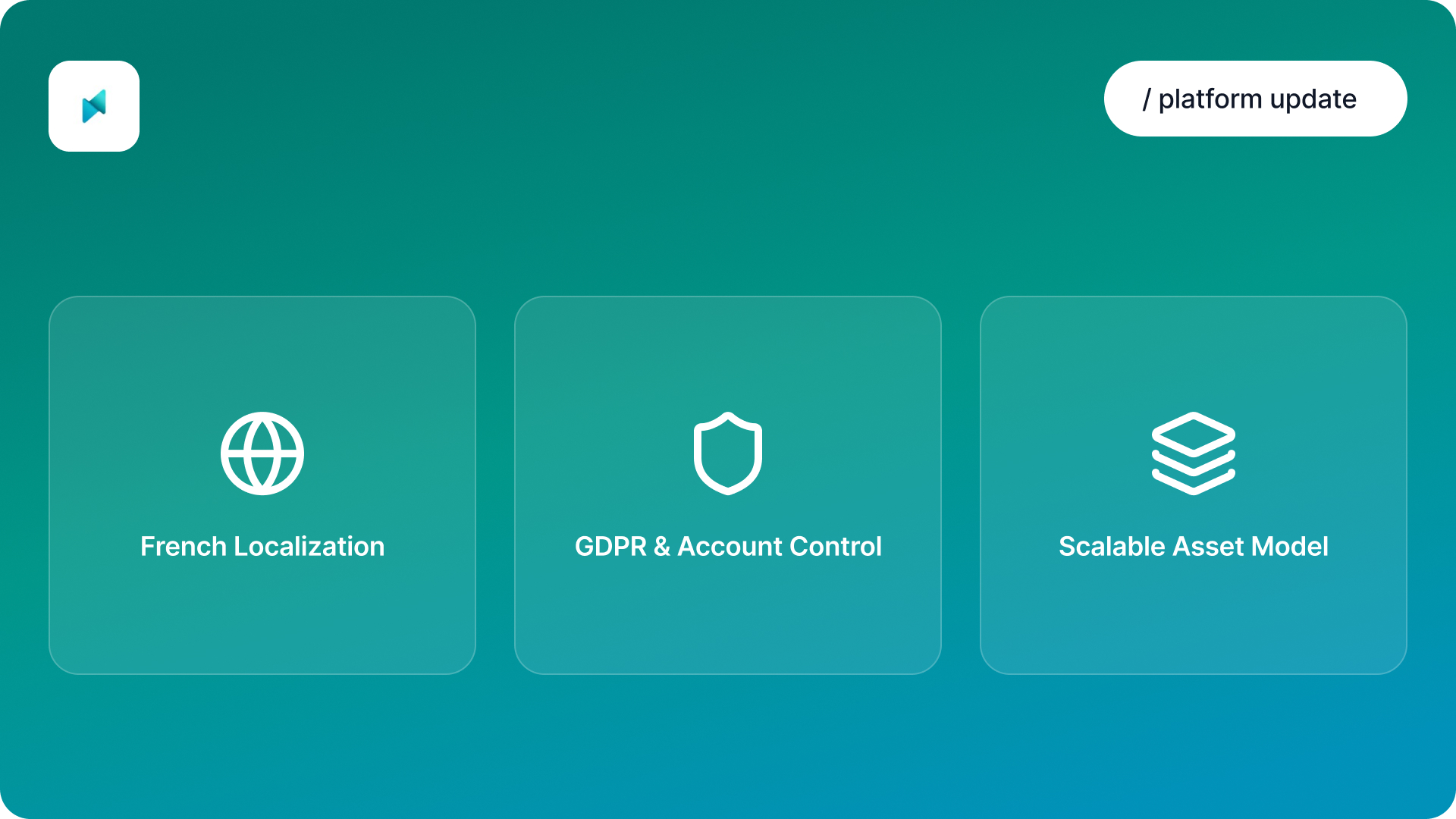People love success stories because they think those are like guides they can adopt and build their own success stories. To some degree, it indeed works this way. The most known and successful real estate investor of our time is Donald Trump. He may not be the best one in pure figures, but his path led him to the President's Chair twice, despite tremendous resistance. It's the peak of success, and there's a lot to learn.
Trump showed us all how real estate can be a rocket to the stars. The man literally plastered his name on skylines, turned buildings into brands, and somehow managed to use them as stepping stones to the White House. Love him or hate him, you'd be foolish to ignore how he played the property game. Let's dig into how he actually pulled this off - and maybe pick up some tricks for our own real estate ventures along the way.
The Early Years of Trump: Mentors
Donald Trump certainly hasn't just come out of nowhere – he's had two influential mentors who shaped his early career. His father, Fred Trump, taught him the basics of real estate: identifying value, managing costs and understanding construction. But it was controversial attorney Roy Cohn who truly shaped Trump's approach to business. Cohn drilled into Trump three principles that have defined his career: never admit fault, attack to defend yourself, and use media as leverage. This aggressive style has become Trump's signature, enabling him to navigate New York's complex real estate landscape and gain valuable political connections.
Trump's first major victory in Manhattan was a good demonstration of the learned lessons. When he acquired the half-dilapidated Commodore Hotel near Grand Central in 1976, New York City was on the verge of bankruptcy and real estate was in disrepair. Trump took this opportunity; using Cohn's political connections, he secured an unprecedented 40-year tax break worth about $160 million, the first of its kind for commercial real estate in Manhattan. With that advantage, he partnered with Hyatt, renovated the building for $100 million, and reopened it as the Grand Hyatt in 1980, thus establishing himself as a major Manhattan developer.
The key lesson of Trump's early years: Find mentors who provide not just knowledge, but connections and business strategies. Fred Trump gave Donald a foundation, but Roy Cohn delivered an aggressive playbook that defined Trump's approach to business: leverage political relationships to gain regulatory advantage; use bankruptcy as a strategic tool rather than a setback; and build a powerful personal brand that becomes inseparable from your real estate.
Trump’s Signature Properties: Case Studies in Value Creation
Trump Tower
Trump Tower is a 58-story mixed-use building, built in 1983 on the prime stretch of Fifth Avenue, which turned Trump's name into a nominal one. The luxury condominiums there were selling at record prices during the 1980s boom, generating immediate eight-figure profits, while Trump wisely retained ownership of the commercial spaces. These commercial spaces became a perpetual money-making machine: by the 2010s, Gucci stores alone were reportedly paying $21 million a year in rent. Despite the disputed valuation (Trump claimed a higher amount than the $323 million cited in the 2022 lawsuit), Trump Tower is a tell-tale example of personal brand development.
40 Wall Street
Trump purchased 40 Wall Street, this 72-story skyscraper, during the real estate price recession of the mid-1990s for anywhere from $1 million to $8 million - practically pennies for a Manhattan skyscraper. After investing about $35 million in renovations, Trump increased occupancy from a depressing 25 percent to nearly full. The explosion in value has been staggering: by 2015, lenders valued the property at $540 million, with annual operating income reaching $18.1 million by 2019. This is one of the most impressive examples of value creation in modern real estate and the transformation of a struggling asset into a cash flow generator.
Mar-a-Lago
Donald Trump acquired Mar-a-Lago in 1985 for $5-8 million when the Palm Beach market was relatively soft and turned this historic oceanfront estate into his private residence. In the 1990s, he transformed it into an exclusive private club with high membership fees (currently $700,000 plus annual fees). Since then, the property has become wildly profitable - it generated $15.6 million in 2014 and $22 million in 2020, despite the pandemic. With a current valuation above $300 million, Mar-a-Lago is an example of turning a personal luxury estate into a business asset with lifetime returns.
Core Business Strategies to Learn from Trump
- Debt isn't something to fear but a powerful growth accelerator when used properly—just be prepared to negotiate hard when markets turn. Trump has mastered the art of building wealth with other people's money. He often put minimal equity capital of his own into deals – like the GM Building acquisition where he invested just $15-20 of his own money against a $700 million loan from Lehman Brothers. When projects fail, Trump negotiates vigorously with creditors, seeking debt forgiveness or restructuring. Declaring Chapter 11 of the Bankruptcy Code (typically permits for restructuring) six times to renegotiate debt conditions while keeping control of his assets, he saw bankruptcy not as a failure but as a strategic tool.
- Your personal brand might be your most valuable asset and wealth multiplier, potentially worth more than the actual properties. Trump transformed his name into a luxury brand that demanded a high price. To ensure rapid recognition, he wrote "TRUMP" in large gold lettering on buildings. This branding technique enabled him to demand greater costs for apartments, hotel rooms, and later license fees because they bear the "TRUMP" logo. After "The Apprentice" raised his name power, Trump turned to an asset-light licencing model to generate millions by letting his name be used on properties he neither owned or built. As a result, his branded buildings have popped up in Istanbul, Manila, and other cities, yielding royalties.
- Media attention can turn ordinary real estate into must-have assets, and scandals often generate more valuable coverage than paid advertising ever could. Trump intuitively understood that media coverage, even controversial media coverage, directly affects real estate values. He was constantly talking to reporters, supplying stories to tabloids, and positioning himself as an authoritative expert on Manhattan real estate. He leveraged public attention to gain business advantages by using media pressure on politicians to gain endorsements and creating artificial demand through scarcity created by advertising (“these luxury condos are selling fast!”).
Trump’s Lessons for Navigating Downturns and Challenges
Trump's career was not only a series of triumphs but also marked by almost catastrophic downturns that would have devastated other builders. Here are a few:
- With several properties going into bankruptcy, he had a $3.4 billion debt load against his $1.6 billion in assets in the early 1990s.
- Later in 2008, his Chicago skyscraper failed to repay a $334 million Deutsche Bank loan at the worst conceivable time.
Yet somehow, Trump not only survived but eventually thrived after both crashes. So, there are some insightful lessons to gain:
- In extreme downturns, sacrifice peripheral assets to protect your core portfolio, and keep in mind that lenders generally prefer partial payment over foreclosure. Even though he was deeply in debt during the recession of the 1990s, Trump adamantly refused to declare bankruptcy. On the contrary, he preserved operational control while actively negotiating with banks to reduce their debt in exchange for equity shares. Bondholders acquired 50% ownership of the Taj Mahal in exchange for lower interest payments—a harsh compromise that kept Trump in the game. To save his main buildings, he sold luxury non-core assets—his yacht, airline, and Plaza Hotel interest.
- Do everything within your power to postpone creditor actions during market crashes so you can negotiate better terms when the situation improves. In 2008, when Deutsche Bank pursued repayment on his Chicago skyscraper loan, Trump countersued for $3 billion, saying the financial crisis was an "act of God" that triggered force majeure terms. The bold countermove bought crucial time, which ultimately led to a settlement where the bank allegedly forgiven more than $270 million and extended payment conditions. Meanwhile, Trump removed himself from failing assets, stepping off from the board of his casino company while maintaining his personal brand.
- Never become emotionally committed to a certain business model; instead, be prepared to entirely rethink your strategy when market conditions change. Following the crises of the 1990s, Trump turned his business model from development to asset-light licensing transactions that produced money with lower risk. Then, he focused on golf courses and international branding when Atlantic City casinos failed. And after his contentious presidency strained certain commercial links, he redoubled his efforts to own enterprises that would appeal to his supporters.
Today Trump’s Real Estate Portfolio
Trump's overall real estate holdings as of March 2025 include roughly $1.2 billion in debt against assets valued between $2.3–4.8 billion. According to the Trump Organization's 2024 financial reports, Trump National Doral Miami is still the best-performing property in the portfolio. Revenue is expected to reach $175 million yearly in Q1 2025, which is 10% more than the same time period in 2022–2023. Reflecting efficiency gains and higher golf membership fees—which jumped 15% in January 2025—the property's net operating margin has grown to 27%.
Trump's commercial interests have been subject to more difficult assessments. With rental prices averaging $58 per square foot—below the Financial District average of $65—the flagship 40 Wall Street building reported 71% occupancy in Q4 2024, down from 77% in 2023. This caused a lower net operating income of $15.7 million in 2024, continuing a downward trend that is happening as Manhattan's office market tries to adapt to changes in demand caused by the pandemic. In Vornado's 2024 financial reports, his 30% share in 1290 Avenue of the Americas was valued at $412 million, a 7% decline from the previous year.
Mar-a-Lago exceeded expectations, generating $31.2 million in revenue in 2024, a 42% increase over 2020, thanks to doubled initiation fees ($350,000 to $700,000) established in late 2023. With an operating margin above 60%, the property ranks top on a ROI basis among all the assets.
In 2024, Trump's licensing business generated $37.8 million, with a notably strong performance from UAE and India properties, compensating terminated deals in Turkey and Panama.
About Binaryx
Binaryx is a real estate tokenization platform that operates under Wyoming’s 2021 law (W.S. SF0038), turning real estate properties into digital tokens. For each property, Binaryx creates a dedicated LLC in Wyoming that issues tokens on the blockchain. When you buy these tokens, you become a co-owner of the LLC that owns the property, with all ownership rights protected by state law.
Want to learn more about Binaryx? Check out these articles:
Articles you may be interested in




.png)



.png)




.jpeg)
.webp)